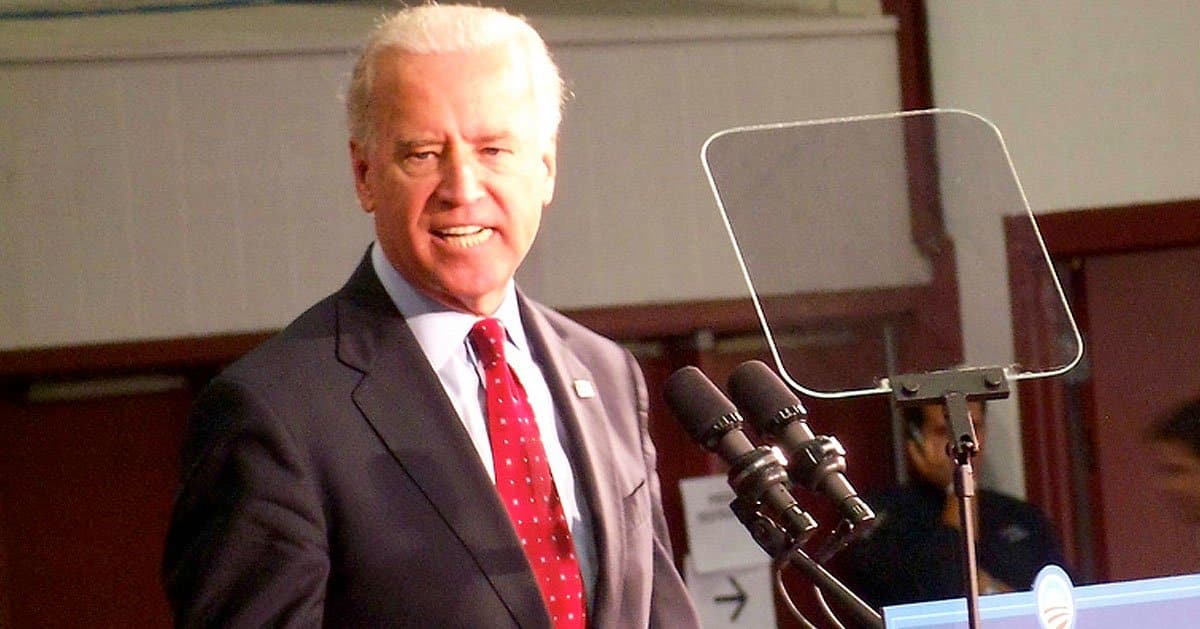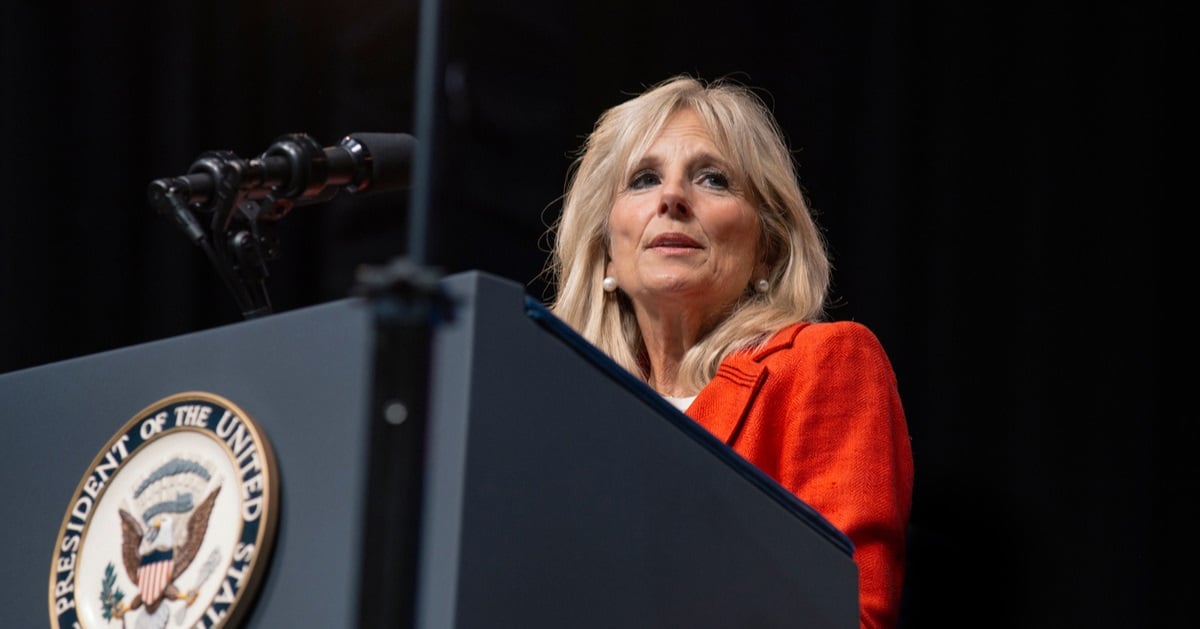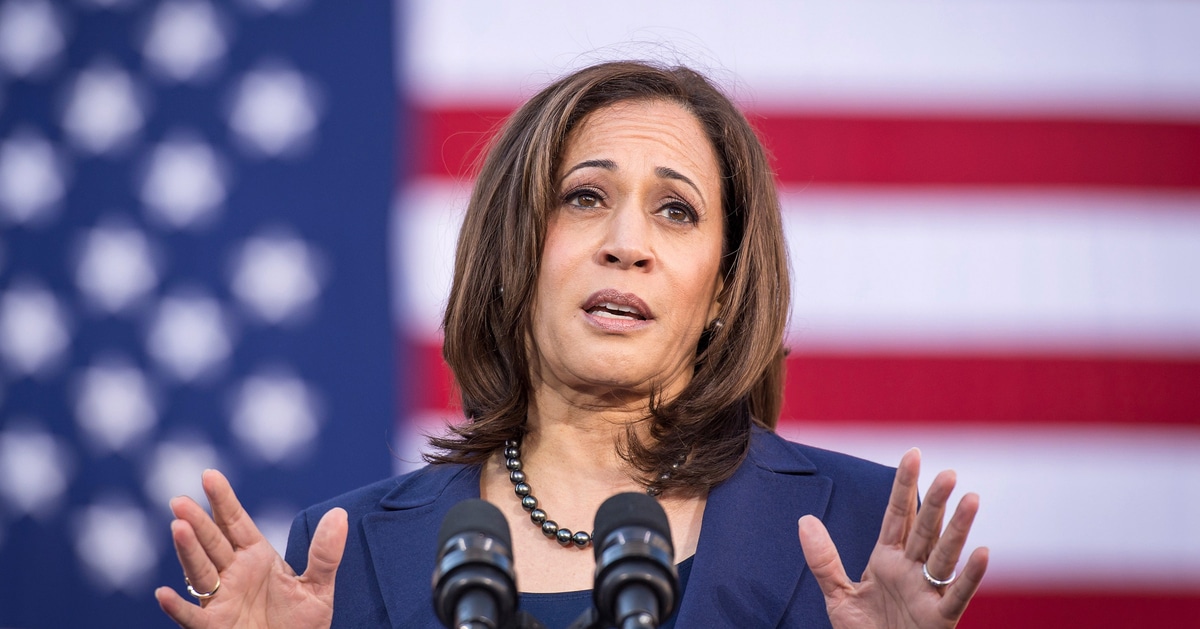The Associated Press reported that this legislation faces uncertainty as President Joe Biden has signaled a potential veto. The bill’s fate now hangs in the balance of political dynamics exacerbated by President-elect Donald Trump’s recent election victory for a second term.
The decision to expand the federal judiciary aims to alleviate the heavy caseload pressures that have stretched the current system, where delays in case resolutions are a growing concern.
The bill was passed on Thursday, with a bipartisan vote of 236-173, despite facing opposition from most Democrats.
Senate's Unanimous Support Precedes House Vote
Prior to reaching the House, the Senate had already shown robust support for the judgeship expansion, passing it unanimously in August. This rare show of unanimity underscored a shared understanding of the judiciary's needs across party lines, although this consensus seems less solid in the House.
The timing of the House’s action, coming after the presidential election results, has attracted criticism and claims of partisanship. The bill’s passage is seen by some as a strategic move by Republicans to advantageously position the incoming Trump administration.
The legislation is designed with a long-term view, spreading judge appointments over three presidential terms and six congressional sessions. This approach aims to minimize partisan advantages in judicial appointments, striving for balance and fairness in the judiciary’s expansion.
A lack of new federal judgeships for more than two decades has led to considerable delays in the judicial process. Litigants often wait years for their cases to be resolved, a situation that has prompted judges and attorneys to call for urgent action. The addition of new judges is seen as a critical step toward improving access to justice and reducing waiting times.
However, President Biden’s opposition centers around concerns that the current proposal might tip the scale of judicial appointments. The White House Office of Management and Budget has criticized some senators’ attempts to keep judicial vacancies open, suggesting that motives behind the bill might extend beyond simply addressing caseload concerns.
If President Biden follows through with his veto, the legislation would require a two-thirds majority in both chambers to override it—a scenario currently seen as unlikely given the House vote breakdown.
Political Responses to the Judgeship Bill
Representative Darrell Issa, a Republican from California, emphasized the necessity of the bill, criticizing any delay as potentially costly to American justice and business. According to Issa, failing to pass the legislation could lead to a greater accumulation of unresolved cases.
On the other side of the aisle, Democratic Representative Jerry Nadler expressed concerns over the timing of the bill’s passage and its potential to grant President-elect Trump undue influence over the federal judiciary, echoing fears of partisan manipulation.
Rep. Troy Nehls from Texas highlighted the local benefits of the bill, like improving judicial access in rural areas by authorizing new courtroom locations, and criticized the opposition as partisan obstructionism.
House Speaker Mike Johnson accused Democrats of hindering progress by opposing the judgeship bill out of partisan interests, arguing that judiciary enhancements should transcend political disagreements.
Senator Dick Durbin pointed out that the bill's timing—post-election—gives a strategic advantage to Republicans, suggesting that the opportunity for a nonpartisan agreement might have been missed.
Ultimately, both the Federal Judges Association and the Federal Bar Association have strongly advocated for the bill, warning that failure to pass it would perpetuate delays and injustices in the federal judicial system.









